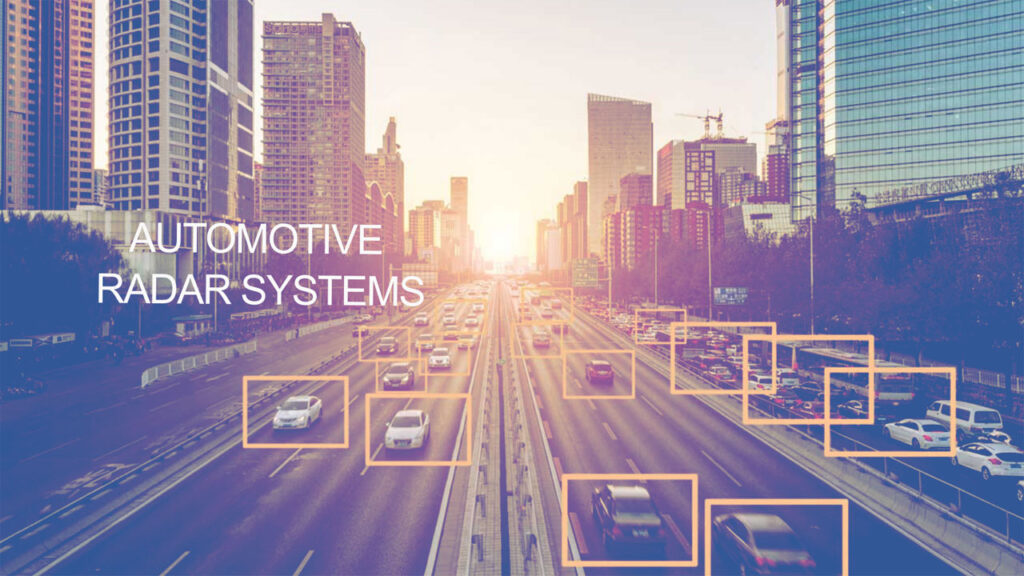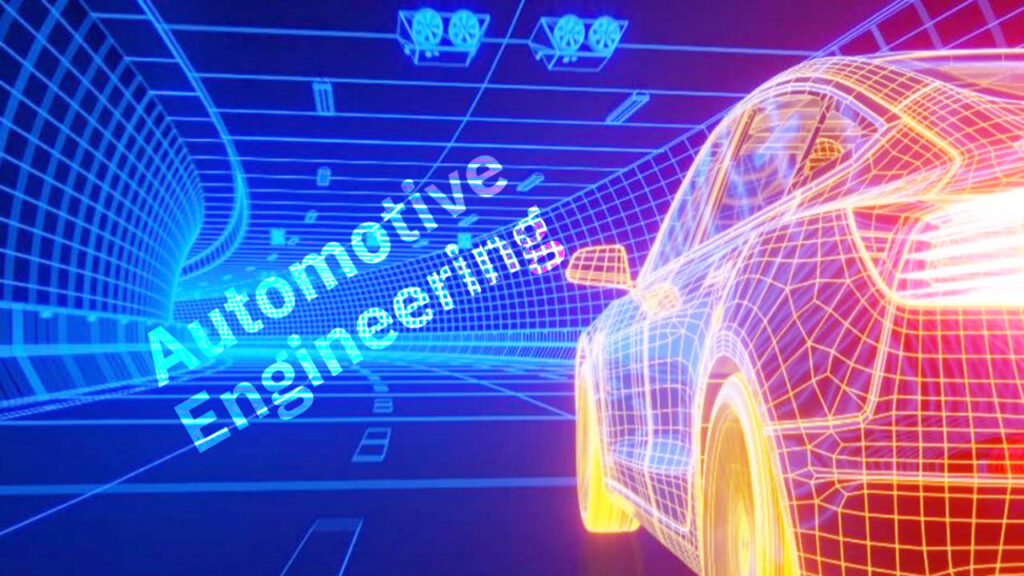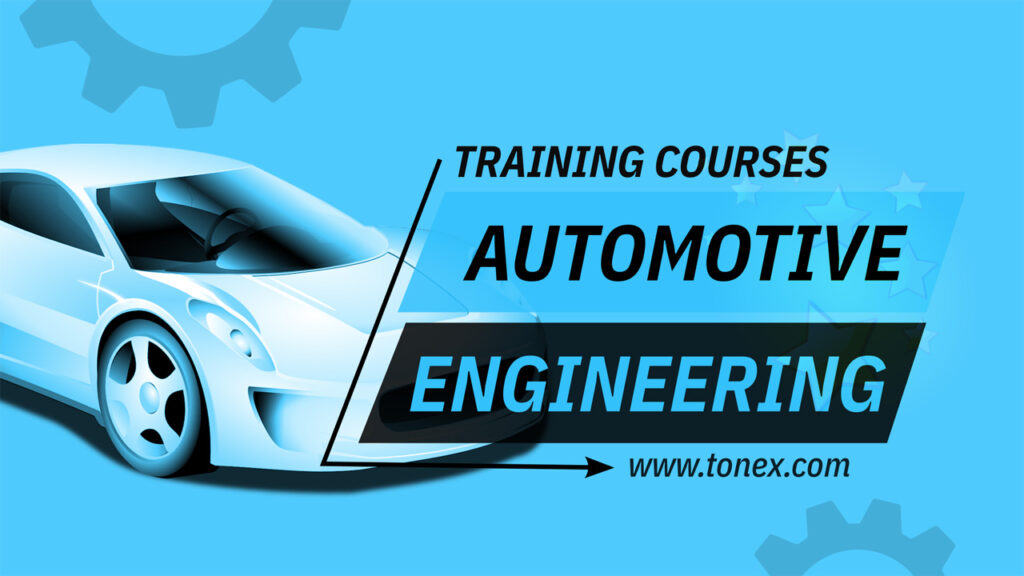Are you looking to stay up to date with the latest automotive radar technology? Look no further than Fundamentals Automotive Radar training! Our comprehensive course is designed to give you the skills and knowledge to stay ahead of the competition.
With our experienced instructors and interactive learning environment, you’ll be able to master the fundamentals of automotive radar quickly and easily. Get the skills you need to stay on top of the industry – enroll in Fundamentals Automotive Radar training today!
Essential topics in automotive radar:
1. Automotive Radar Basics
2. Automotive Radar Architecture
3. Automotive Radar Signal Processing
4. Automotive Radar Antenna Design
5. Automotive Radar System Calibration
6. Automotive Radar System Integration
7. Automotive Radar System Testing
8. Automotive Radar System Applications
9. Automotive Radar System Safety
10. Automotive Radar System Regulations
Automotive Radar Technology Training
Automotive Radar Technology is a 2-day training course offered by Tonex. Automotive radar technology is a form of active safety technology that uses radio waves to detect objects and measure their relative speed and distance. Radar systems are used for a variety of applications in modern cars, including adaptive cruise control, lane departure warning, blind spot detection, and parking assistance. Automotive radar systems are typically composed of an antenna, a transmitter, a receiver, and a processor. The antenna emits radio waves, which reflect off of objects and are detected by the receiver.
Training advantages, Why attend this course?
Tonex offers comprehensive automotive radar training that is designed to provide participants with the knowledge and skills necessary to understand and apply the latest automotive radar technologies. Our training covers the fundamentals of automotive radar, including the principles of operation, system design, and implementation.
Likewise, you will get these benefits,
1. Increased Safety: Automotive radar technology can help drivers stay safe on the road by providing them with advanced warning of potential hazards, such as other vehicles, pedestrians, and animals.
2. Improved Performance: Automotive radar can also help drivers improve their performance by providing them with real-time information about their surroundings. This can be invaluable in helping drivers make the right decisions and stay in control on the road.
3. Enhanced Driving Experience: Automotive radar technology can also enhance the driving experience by providing drivers with an accurate picture of their surroundings and allowing them to make informed decisions.
4. Cost Savings: Automotive radar training can help drivers save money by reducing the need for costly repairs and maintenance.
Learning Opportunities
1. Radar principles and components: Understand the principles and components of automotive radar systems, including transceivers, antennas, signal processing, and data fusion.
2. Radar signal processing: Learn the fundamentals of radar signal processing, including signal detection, signal tracking, and range and Doppler estimation.
3. Radar system design: Understand the design considerations for automotive radar systems, including antenna design, signal processing algorithms, and system integration.
4. Radar safety applications: Learn how radar systems are used in automotive safety applications, such as collision avoidance and adaptive cruise control.
5. Radar testing and validation: Understand the process of testing and validating automotive radar systems, including simulations, laboratory tests, and so on.
Additionally, our courses provide an in-depth look at the various types of automotive radar systems, their components, and their applications. With our automotive radar training, participants will gain the knowledge and skills necessary to design, develop, and implement automotive radar systems.
Need any help? As a question



